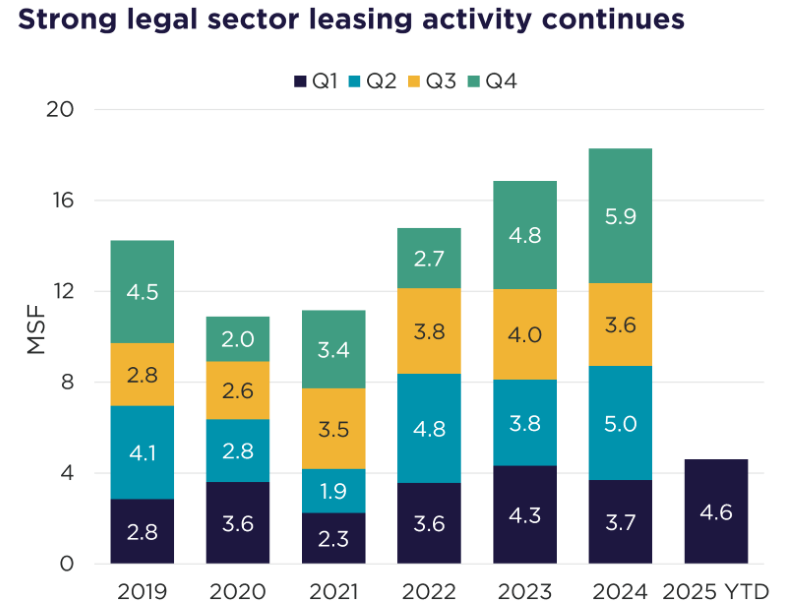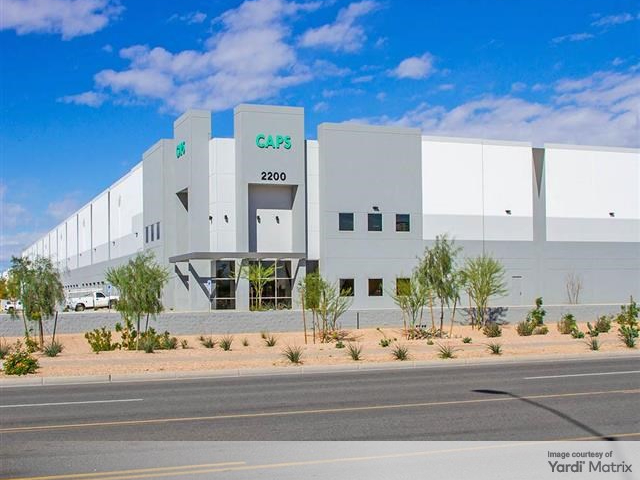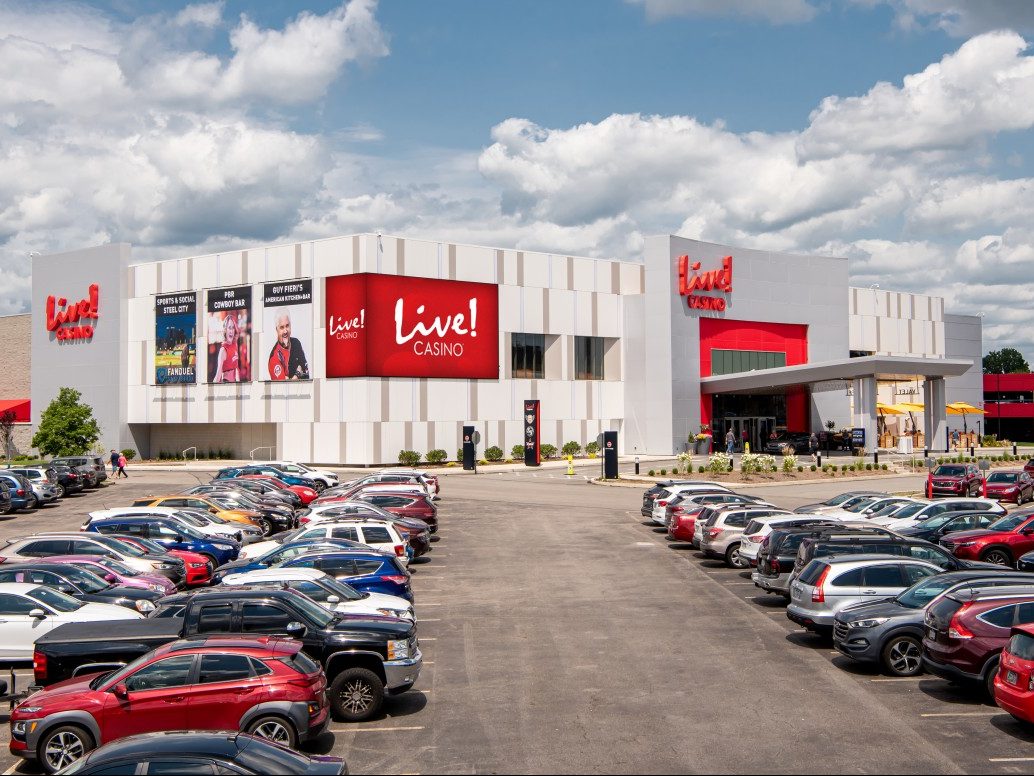1031 Exchanges: Common Mistakes in the Use of Qualified Intermediaries
What to watch out for when using a qualified intermediary in transacting a 1031 exchange.
By Keat Foong, Finance Editor
One of the most common missteps committed by users of 1031 exchanges is to fall into “constructive receipt” of funds that are held by qualified intermediaries, according to attorney Robert Klein, partner at the accounting firm of BDO USA L.L.P.
Qualified intermediaries — independent parties such as escrow or title insurance companies that facilitate tax-deferred exchanges — are often employed by investors for either “reverse” or “forward” 1031 exchanges, explained Richard Kaplan, partner with Pircher, Nichols & Meeks. QIs acquire the relinquished and replacement properties, hold and transfer the funds, and transfer the properties to the taxpayer and buyer, respectively.
Investors are not required by law to utilize QIs in the transactions, noted Kaplan, but attorneys tend to recommend their use, since they provide a safe harbor for the taxpayer in meeting IRS requirements.
Klein advises taxpayers to write into agreements with QIs the stipulation that the taxpayer has no right to take any action that can be construed as being in “constructive receipt” of the funds. “The investor cannot receive, pledge or borrow any cash” that is being held with the QI, he emphasized.
Investors must manage the property sales process carefully, because to qualify for a 1031 exchange, the sold property must be exchanged for another. At no time may the taxpayer be in “constructive receipt” of the sales proceeds. “It has to be an exchange. You cannot sell, take the proceeds and buy another property. That is not an exchange,” warned Kaplan.
He noted the importance of the words “constructive receipt” — which can refer to having a right to the money, not just being in actual possession of it. If, for instance, your monthly paycheck has been wired to your bank account but you have not picked it up, you are still construed as being in constructive receipt of the paycheck, he explained.
“A big mistake is to think, ‘I have got that amount with the QI and I want to borrow against that.’ If you use that money as collateral, the IRS will view it as though you have received the money,” said Klein.
You’ll find more on 1031 exchanges in the article “Comeback Kid” in the April 2013 issue of CPE.






